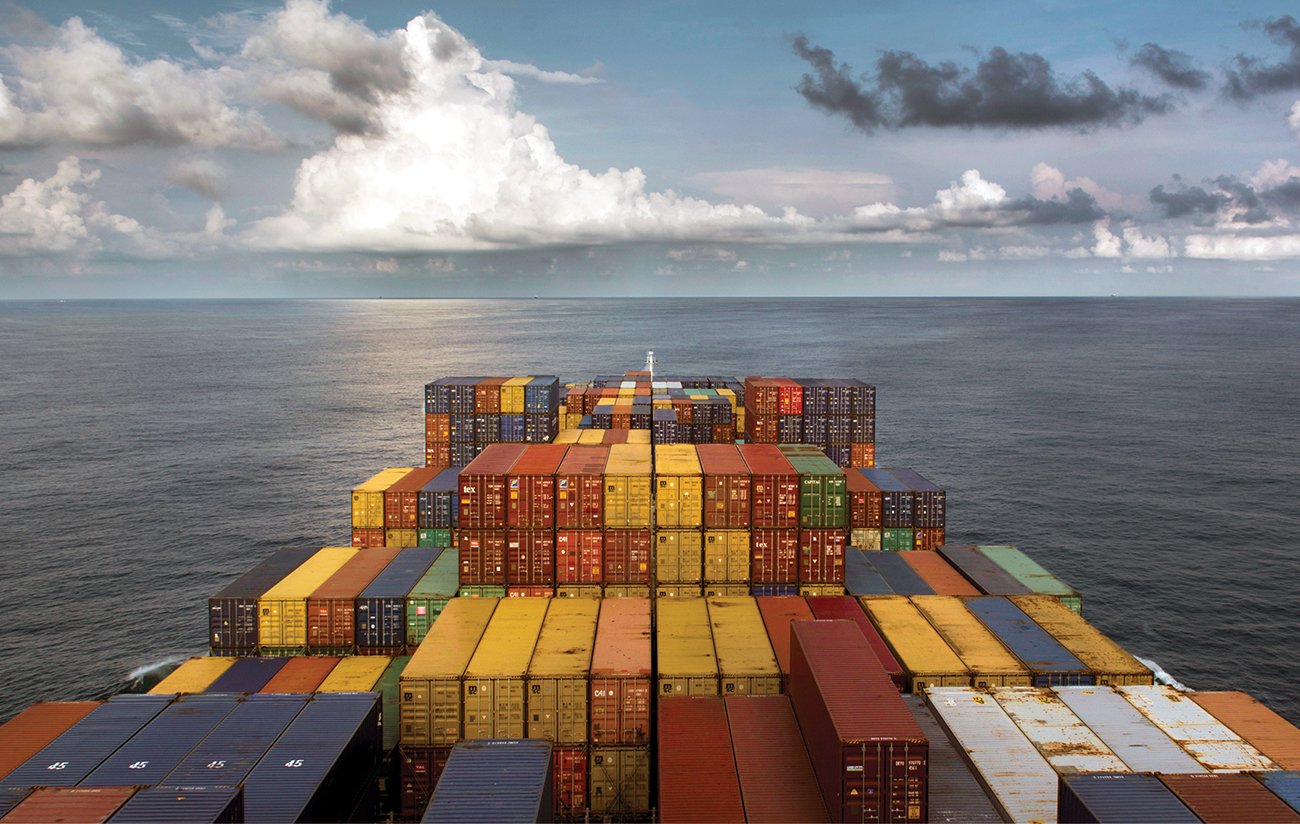It is only recently that the concept of supply chains has made its way into general boardroom discussion. Up until now, debates around supply chains have been reserved for certain sectors – such as the garment and manufacturing sectors – and even then, its visibility, further than one or two steps past the direct supplier in the production process, has been limited.
However, due to a combination of factors, including social media activism drawing interest to socially conscious investing, and increased public awareness, this has changed. The prior narrow view of supply chains, where companies were only aware – and only responsible for – direct partnerships, has disintegrated. A change in approach has been strengthened by new regulations demanding that businesses operate with more care for society and for the environment.
Adding further momentum to this change, the COVID-19 pandemic was a wake-up call for many on the importance of supply chain management and effectively highlighted the importance of understanding your supply chain from end to end. After years of relying on the interconnectedness of global supply chains, national lockdowns slowed, or in some cases halted, the flow of raw materials and finished goods, disrupting manufacturing.
The war in Ukraine has further shone a light on our global supply chain dependencies and, by extension, vulnerabilities. New laws imposing sanctions on individual actors have resulted in many firms stalling operations in Russia, or in some cases cutting ties altogether, a shift which comes amidst mass physical disruptions and threats to the world’s food and energy supplies, all caused by the conflict.
In this Lawyer Monthly article, Nick Panes argues that law firms need to reassess their supply chains through a new lens of risk management.


